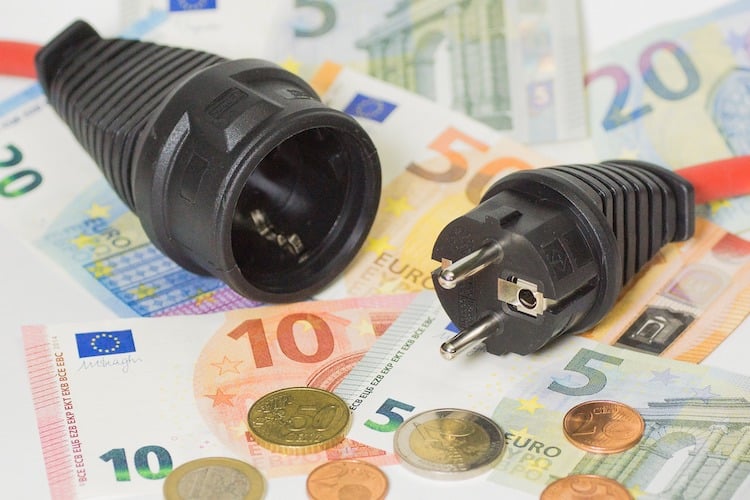The German Association of Small and Medium-Sized Enterprises (DMB) views the current plans of the Federal Ministry of Economics for an industrial electricity price with great skepticism and rejects them in their current form. Instead of further ineffective subsidies for a few, the transitional period requires the energy transition a lasting relief for all companies in Germany.
The price of electricity is a massive competitive disadvantage for the German economy. In principle, the DMB is in favor of supporting companies in the transitional period of the energy transition – however, long-term subsidies are not a tried and tested means. Marc S. Tenbieg, Executive Director of the DMB, on this: “No more and more subsidies and tough market interventions! SMEs and medium-sized companies, more than 99 percent of all companies in Germany, are criminally disadvantaged here.”
The middle class pays the bill
High electricity prices are nothing new. The energy-intensive industries have been complaining for many years that electricity is too expensive in Germany. In the past, this has resulted in generous exemptions, for example in the case of the EEG surcharge – guided. Despite massive support, the transformation was not implemented consistently enough. A bridging electricity price of 6 cents per kilowatt hour could break the current cost peaks for a few large companies, but competitive electricity prices compared to, for example, the USA or China would still not exist. In addition, Germany is not following a clear course if it embarks on its own in a subsidy competition with a continuous loop.
Tenbieg says: “The high energy prices are a particular burden on SMEs and medium-sized companies, which already pay many times more for electricity than large industrial customers. These companies will soon have to indirectly pay the electricity bills of their competitors or clients. Distortion of competition cannot and must not be the claim of a socio-ecological market economy! The BMWK working paper is a slap in the face for SMEs and medium-sized companies that are loyal to their location and have put a lot of effort and investment into energy saving measures and their own transformation in recent years.”
Real transformation incentives instead of new subsidies
Instead of new subsidies, Tenbieg advocates real transformation incentives for all companies: “Instead of short-sighted but extremely long-term and bureaucratically overloaded subsidies, we need a clear political perspective on how the energy transition can be implemented effectively and when companies can adjust to the positive cost effects of renewables. Until then, there needs to be a sustainable relief concept for all companies and not a bridging electricity price for a few, where only membership of an industry list is decisive. In addition, according to the present working paper, requirements are made of the subsidized companies, such as transformation obligations, adherence to tariffs and location guarantees, but no repayment is required or penalties are defined if the subsidy requirements are ultimately not met.
The state is currently generating record revenues. Instead of an artificial price cap, according to Tenbieg, “a tax policy transformation concept with a mixture of tax cuts, generous deferral rules and so-called super write-offs could provide effective relief for companies and at the same time provide significantly better transformation incentives.”
Source: Deutscher Mittelstands-Bund (DMB) eV
